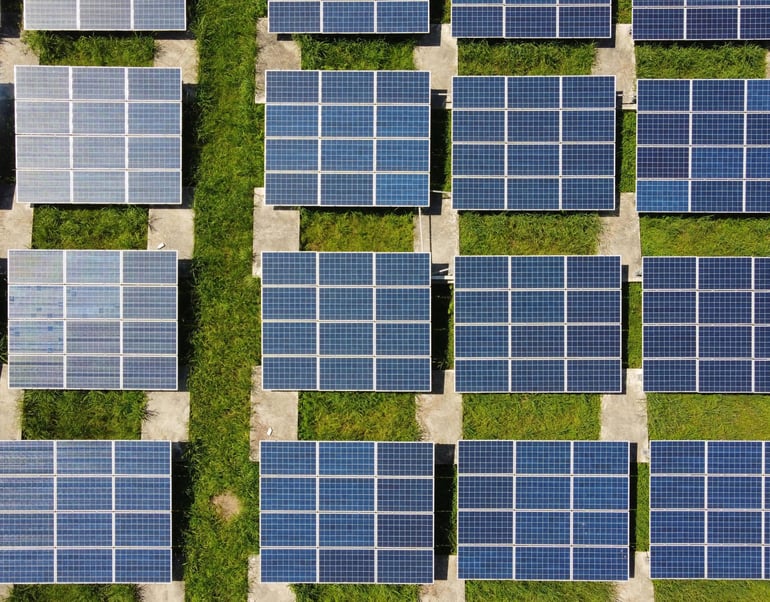Key news in this edition:
- Spain establishes new legal form to recognise companies generating social and environmental benefits;
- Singapore and Australia sign green economy agreement; and
- UK Financial Conduct Authority cracks down on ‘greenwashing’.
|
europe
Ireland Central Bank streamlines EU Sustainability Disclosures Process
On 4 October 2022, the Central Bank of Ireland published formal confirmation of a fast track process for funds to make amendments to their documentation in a timely manner ahead of 1 January 2023, when the second phase of the Sustainable Finance Disclosures Regulation (‘SFDR’) comes into force. The SFDR is a set of EU rules which aim to make the sustainability profile of funds more comparable and better understood by investors. The second phase of SFDR, known as the ‘Level II’ obligations, sets out the Regulatory Technical Standards (RTS) to be used by asset managers in the disclosure of sustainability-related metrics of their funds.
Spain creates new status for ESG-abiding entities
On 19 October 2022, a new legal form for companies came into effect in Spain, entitled Common Benefit and Interest Societies (SBIC). The SBIC legal form will be attributed to companies that generate a social and environmental benefit, in addition to an economic return. The framework for this legal form, which was legislated under Ley 18/2022, was approved by the Spanish parliament in July 2022. In order to obtain the SBIC designation, companies will be required to make a legal commitment to generate a positive social impact, which would be subject to independent evaluations.
Morocco and EU Launch the first Green Partnership ahead of COP27
On 18 October 2022, the executive vice president of the European Commission Frans Timmermans (‘Timmermans’) and the Moroccan Foreign Affairs Minister Nasser Bourita (‘Bourita’), signed a memorandum for establishing a ‘green partnership’ between the EU and Morocco. This is the first partnership agreement of its kind for the EU with a non-member state. The ‘green partnership’ seeks to establish a common framework to promote future dialogue and development of policies on climate change in both countries. It will also seek to allow Morocco and the EU progress towards their common goals of becoming low-carbon, climate-resilient economies and transition to a green economy.
UK Financial Conduct Authority sets out new rules to tackle greenwashing
On 25 October 2022, UK Financial Conduct Authority (‘FCA’) proposed a set of new measures to tackle greenwashing, a misleading form of advertising which organisations use to deceptively persuade consumers that their products are environmentally friendly. The FCA proposal aims to inform consumers and increase their trust in sustainable investment products by setting out new standards for companies. The proposed rules will regulate the use of sustainable investment product labels and seek to improve the accessibility of public disclosures related to sustainable investment. The FCA has also announced its intention to enhance its supervisory role and enforcement strategy within the framework of sustainable finance.
ASIA
Singapore Monetary Authority launches grant to fund sustainability projects
On 4 October 2022, the Monetary Authority of Singapore launched a SGD 5 million (USD 3.5 million) Asia Climate Solutions Design Grant. The grant was launched alongside Convergence Blended Finance, a Canada-based network of public, private, and philanthropic investors. The grant will provide financial support to feasibility studies on solutions to fund sustainability projects. Particularly it will aim to mobilise capital into high impact sectors, such as early-stage climate adaptation and mitigation technology, clean energy access, sustainable transport, sustainable cities and infrastructure and sustainable agriculture.
Singapore and Australia sign green economy agreement
On 18 October 2022, the Singaporean and Australian governments signed the Green Economy Agreement (‘GEA’), which aims at boosting the cooperation between the countries in relation to climate investment and financing, decarbonisation, and the creation of jobs in the green sector, among others. According to the Australian Department of Foreign Affairs and Trade, the GEA will facilitate flows of environmental goods and services, green and transition finance, and clean energy. Implementation of the GEA will involve the active participation of businesses, investors, organisations, and other stakeholders supporting the Australian economic transition to net zero emissions.
Asian Development Bank Secures a USD 135 million financing package to promote a fully-electric public transport network in Vietnam
On 24 October, the Asian Development Bank (‘ADB’), a regional development bank headquartered in Manila (Philippines), announced that it had secured USD 135 million for a climate financing package aimed at developing Vietnam’s fully electric fleet of public transport buses. This financing seeks to support Vietnam’s 2050 net zero emissions goals, as the country’s transport sector reportedly accounts for 18-percent of its annual greenhouse emissions.
americas
Brazil’s stock exchange B3 launches training programme aimed at boosting ethnic diversity in executive positions
On 13 October 2022, the Brazilian São Paulo-based stock exchange Brasil, Bolsa, Balcão (B3) and the private corporate education institution Instituto Brasileiro de Governança Corporativa (‘IBGC’), launched a social equality incentive programme, aimed at increasing ethnic diversity in the boards of public companies. The initiative consists of a free executive education programme which would be open for selected candidates from underrepresented ethnic minorities. In 2021 IBGC had conducted a study into 73 Brazilian publicly traded companies, and found that 80 percent of companies reported having less than 11 percent of their executive positions filled by individuals from ethnic minorities.







